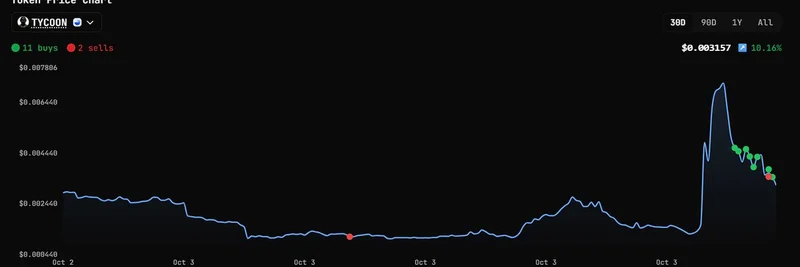Exploring Remittance Prefunding and PayFi Yield with JackThePine and 0xErbil
In a recent podcast episode, JackThePine sat down with 0xErbil, the co-founder of Huma Finance, to dive deep into the world of remittance prefunding, tokenizing PayFi yield, and the potential impact of the GENIUS Act on stablecoin rails. This discussion is a must-listen for anyone interested in the intersection of traditional finance (TradFi) and decentralized finance (DeFi).
The Conversation
The episode kicks off with a visually striking image of a starry night sky, symbolizing the vast potential of blockchain technology in transforming financial systems. As the conversation unfolds, Jack and Erbil explore several key topics:
Remittance Prefunding
One of the main points of discussion is the concept of remittance prefunding. Traditional remittance systems, such as SWIFT, often involve high costs and delays due to the involvement of multiple intermediaries. Erbil explains how blockchain technology can streamline this process, making cross-border transactions more efficient and cost-effective. By leveraging smart contracts and decentralized networks, remittance prefunding can reduce liquidity costs and improve the speed of transactions.
Tokenizing PayFi Yield
Another fascinating topic is the tokenization of PayFi yield. PayFi, or Payment Finance, is an emerging field that combines the benefits of DeFi with real-world assets (RWAs). Erbil discusses how tokenizing invoices or receivables on blockchain platforms can provide businesses with instant liquidity. This approach eliminates the need for traditional intermediaries, reducing fees and delays. The conversation also touches on the role of yield-bearing stablecoins in this ecosystem, which can generate interest and enhance the overall efficiency of financial operations.
The GENIUS Act and Stablecoin Rails
The discussion then shifts to the GENIUS Act, a proposed legislation that could significantly impact the stablecoin market. Erbil and Jack explore how this act might redirect capital from stablecoins to other DeFi products, potentially boosting the adoption of decentralized finance platforms. They also consider the possibility of traditional financial institutions creating regulated platforms to compete with existing DeFi protocols like Aave. This shift could lead to a surge in innovation and new financial products, further blurring the lines between TradFi and DeFi.
Key Takeaways
Throughout the episode, several key takeaways emerge:
- Blockchain's Potential in Remittance: By replacing traditional systems with blockchain-enabled platforms, remittance transactions can become more cost-effective, instantaneous, and auditable.
- PayFi's Transformative Power: Tokenizing PayFi yield offers a new way for businesses to access liquidity, leveraging the efficiency of blockchain technology.
- The GENIUS Act's Impact: This legislation could redirect capital towards DeFi, fostering innovation and competition in the financial sector.
Conclusion
This podcast episode provides a comprehensive look at the evolving landscape of finance, where blockchain technology and DeFi are playing an increasingly important role. For those interested in staying ahead of the curve, understanding these developments is crucial. Whether you're a blockchain practitioner or simply curious about the future of finance, this conversation offers valuable insights and a glimpse into the transformative potential of these technologies.
Don't miss out on this engaging discussion. Head over to Pine Analytics to listen to the full episode and stay informed about the latest in blockchain and finance.




